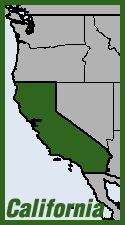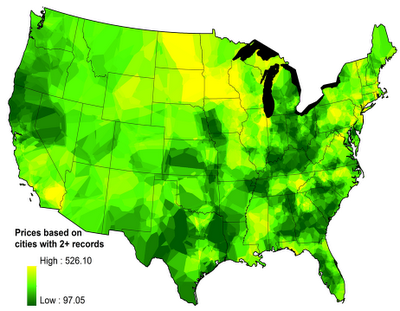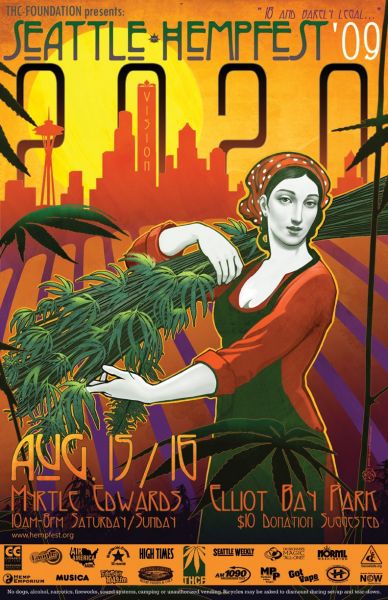 An Aug. 31 report on PBS NewsHour provides mixed indications on recent hype about the supposed presence of Mexican drug cartels in the cannabis trade of Northern California's Emerald Triangle—which has now been officially designated a High Intensity Drug Trafficking Area by the federal government. In the Mendocino National Forest, which has seen unprecedented raids this year, 10 Mexican nationals are among the approximately 100 arrested. Last year, Mendocino County saw a record-breaking number of armed confrontations during marijuana raids—"many with Mexican nationals with suspected links to drug gangs across the border." Two Mexican nationals were killed in last year's raids—one, named Mariano Fernández, reportedly after he aimed an "AK-47-type rifle" at a police SWAT team.
An Aug. 31 report on PBS NewsHour provides mixed indications on recent hype about the supposed presence of Mexican drug cartels in the cannabis trade of Northern California's Emerald Triangle—which has now been officially designated a High Intensity Drug Trafficking Area by the federal government. In the Mendocino National Forest, which has seen unprecedented raids this year, 10 Mexican nationals are among the approximately 100 arrested. Last year, Mendocino County saw a record-breaking number of armed confrontations during marijuana raids—"many with Mexican nationals with suspected links to drug gangs across the border." Two Mexican nationals were killed in last year's raids—one, named Mariano Fernández, reportedly after he aimed an "AK-47-type rifle" at a police SWAT team.

 The oddly named mapping website
The oddly named mapping website  East Bay physician Dr.
East Bay physician Dr. 
 A Michigan court of appeals ruled Aug. 23 that medicinal cannabis cannot be sold at private dispensaries. The defendants were owners of the
A Michigan court of appeals ruled Aug. 23 that medicinal cannabis cannot be sold at private dispensaries. The defendants were owners of the  The US Navy transport ship USS
The US Navy transport ship USS  The 20th annual
The 20th annual  A small Massachusetts-based company called
A small Massachusetts-based company called 





Recent comments
6 days 9 hours ago
6 days 16 hours ago
4 weeks 9 hours ago
4 weeks 6 days ago
8 weeks 6 days ago
12 weeks 5 days ago
16 weeks 5 days ago
17 weeks 3 days ago
27 weeks 3 days ago
31 weeks 4 days ago